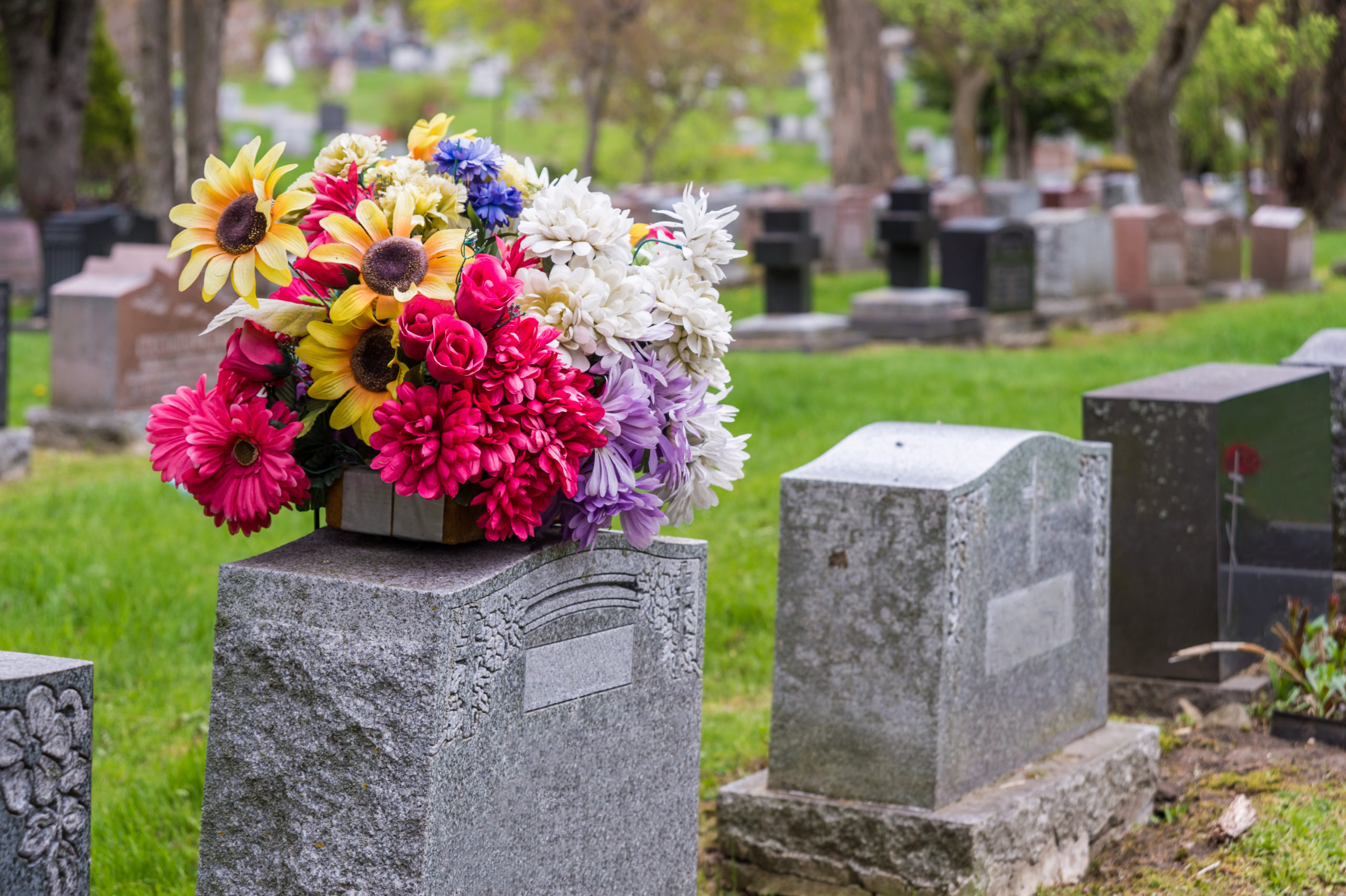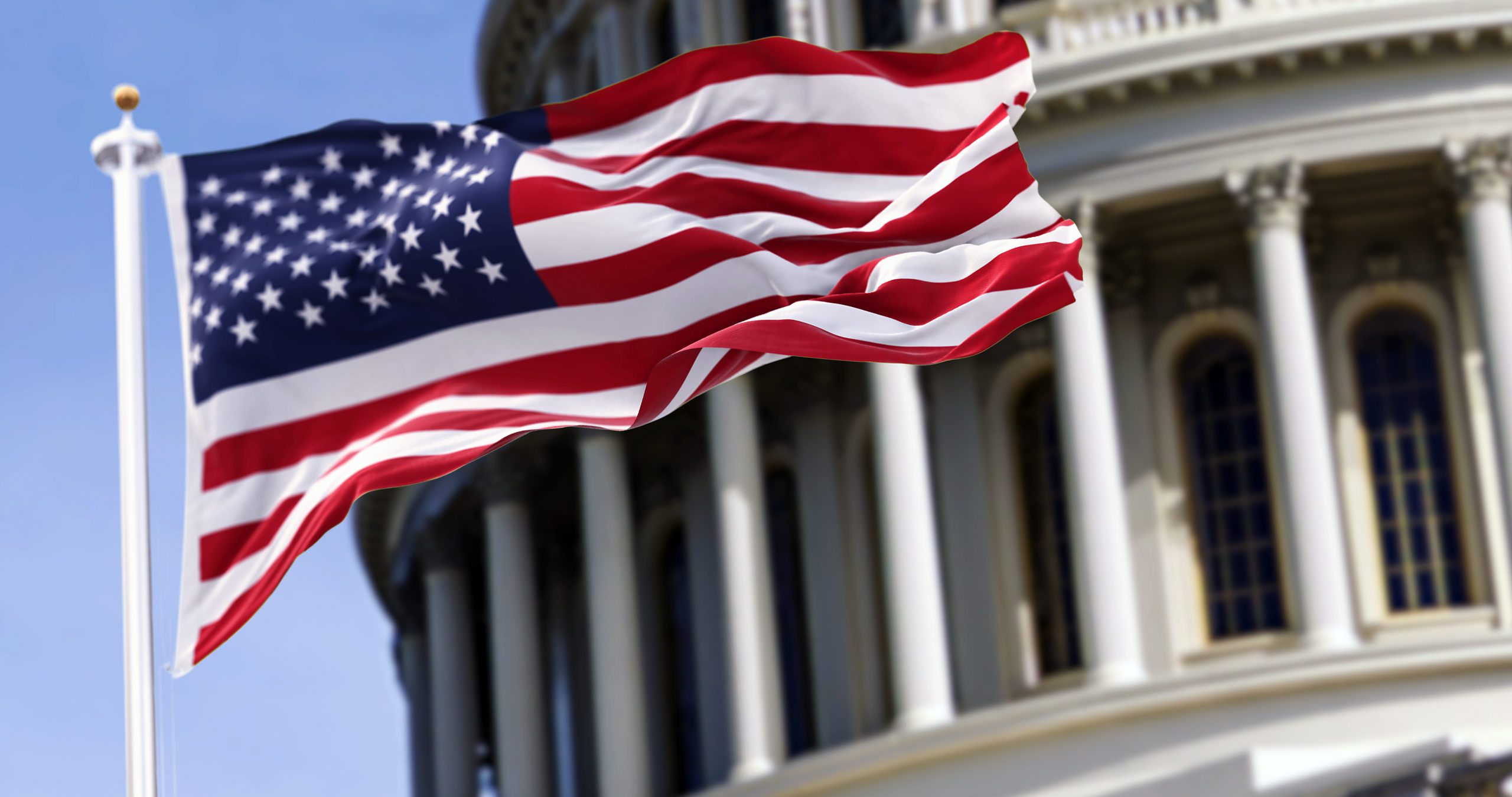No one likes to contemplate his or her own death but making funeral arrangements is a necessary evil of estate planning. Family members usually are distressed in the immediate aftermath of a loved one’s death. Thus, they may be hard-pressed to follow through with funeral arrangements that have been stipulated in a will or other document. Can you imagine how difficult it’ll be if no arrangements have been made?
To complicate matters, family members may be scattered around the country. This can lead to logistical problems in coordinating a funeral from afar.
To make it easier for your family, designate one person (often the executor) to assume the main responsibilities regarding your funeral and related issues. Doing so can provide some assurance that your wishes will be carried out.
You should formally designate the person to handle the arrangements in your will. Absent this, at least include it in a letter of instruction.
If you don’t make a formal designation, the situation may deteriorate, delaying the funeral and causing additional costs. For example, the family may have to absorb unexpected expenses in transporting remains. Bottom line: Don’t leave matters to chance. Address funeral arrangements as part of your estate plan.




